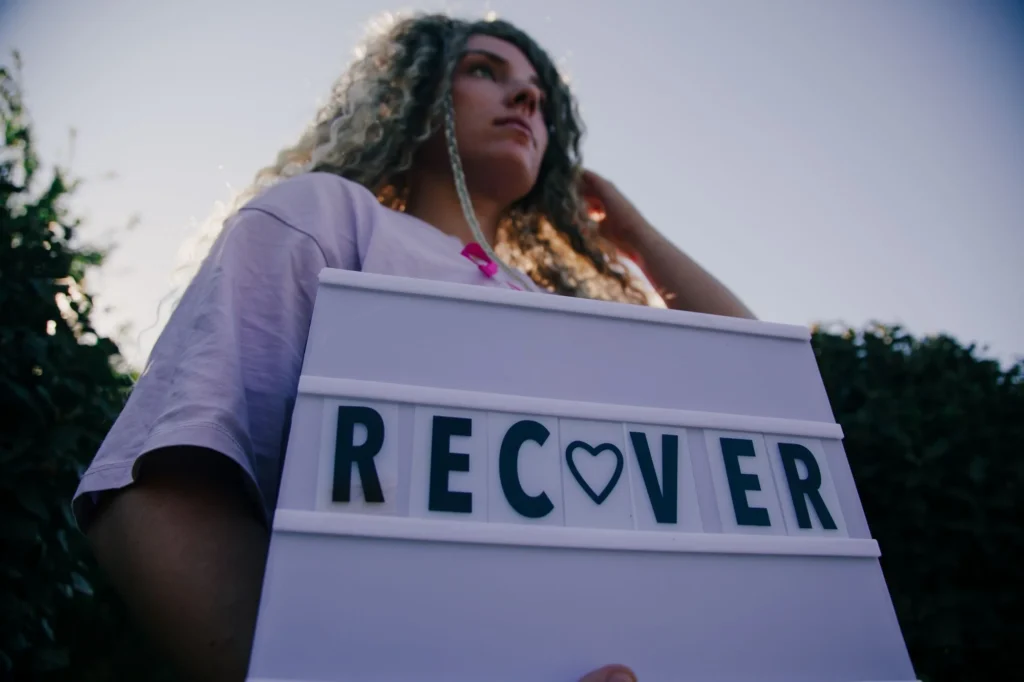Addiction often damages relationships, breaking down trust and hurting the people closest to you. It can push you further into isolation right when you need support the most.
Being alone during recovery makes staying sober much harder, especially after finishing an addiction treatment program. Let’s look at how trust becomes the foundation for relationships and life after treatment.
How Being Addicted Damages Trust
When you’re using, your choices can cause hurt to those around you. This can happen regardless of your intention or regret around it. Drugs significantly affect how your brain works, making everything other than using a second priority.
This can lead to behaviors that weaken trust between you and your loved ones, such as:
- Repeatedly lying about substance use
- Stealing money or belongings to get drugs/alcohol
- Missing birthdays, holidays, and other important events
- Shutting people out emotionally
- Making promises you couldn’t keep
- Choosing your addiction over loved ones
While you may not mean to cause harm or distrust, your family and friends are only shown what you do, not your internal struggles.
Can Broken Trust Be Repaired After Addiction?
Repairing trust damaged by an addiction is possible, but not guaranteed. Some people may be open to working through the pain, while others may feel too hurt to try. In some cases, the damage can run so deep that repairing the relationship may not be possible.
The important thing is to be accepting of what you can’t control and to dedicate your efforts to healing the relationships you can.
Support Systems and Social Health in Recovery
People who stay sober long-term tend to have a solid network of people around them who genuinely care about their well-being.
Good support means people who:
- Call you out when you’re slipping
- Listen when you’re struggling
- Celebrate when you hit milestones
- Help with real-life stuff when you need it
- Do fun activities that don’t involve drinking or using
Commonly, building this type of support starts in recovery programs. Professional treatments help curate an approach that builds up healthy influences in your life to promote social wellness.
How to Rebuild Relationships That Support Sobriety
While it may be hard to face, extending the olive branch requires more than just an apology. Over time, there are steps to patch relationship damage.
Reconnect and Make Amends
Part of recovery is accepting your role in creating distance between you and your loved ones. Making amends isn’t just about easing your own guilt; it’s about genuinely healing those relationships. Steps to making amends include:
- Saying exactly what you did wrong
- Explaining root causes without dismissing your part in it
- Asking what those you care about need from you now
- Giving loved ones space to be upset
- Allowing them time to forgive you (if they choose to)
Establish Boundaries in Relationships
Setting healthy boundaries helps both you and your loved ones feel safe. Boundaries will look different for everyone. For example, your mom might want you to check in every few days, while your child might need you to consistently show up at school events to rebuild trust.
Examples of boundaries include:
- Avoiding discussions about drugs or drinking
- Limited visits until you prove you’re stable
- No borrowing or lending money
- Steering clear of certain sensitive topics
- Providing regular, honest updates about your recovery
Show Healthy Changes Through Action
Actions are one of the most crucial steps in re-establishing trust and reliability. If you repeatedly show your positive changes, this helps your loved ones see how serious you are about your recovery and keeping your promises to them. This might include:
- Showing up when you say you will
- Being honest about everything (even small stuff)
- Following through on things you’ve promised to do
- Taking care of yourself physically and mentally
- Going to meetings and therapy to help you stay clean
Communicate Openly and Respectfully
When your next move is dependent on your next “fix,” manipulation and lying can become your default. In recovery, you need to learn how to talk candidly and considerately. Better communication takes practice and includes:
- Listening without getting angry
- Saying how you feel without attacking
- Asking for help when you need it
- Admitting when you mess up
- Not blaming other people for your problems
How Family Therapy Can Help Heal Broken Relationships
Family therapy programs offer a safe place to have hard conversations with the guidance of a trained professional. It can be a great step if you and your loved ones need mediation to get on the same page. Having an outside guide works because:
- It keeps things calm and focused
- You learn better ways to talk to each other
- You work through deep pain in a structured way
- Ensure everyone has a chance to be heard
- Provide tools for handling future problems
Tips for Loved Ones and Those in Recovery
| If You’re in Recovery: | If You Love Someone in Recovery: |
| Don’t rush people to forgive you | Set boundaries and stick to them |
| Focus on your actions, not their reactions | Take care of your own mental health |
| Stay sober no matter how the relationship is going | Think about therapy or support groups to help you heal |
| Seek qualified help if you need it | Know that it’s okay if forgiving takes time |
Solidify Trust in Recovery to Boost Social Wellness
Rebuilding trust can be a slow but healing journey. Some days can be filled with progress, while others might be challenging and feel distancing. Whether or not your loved one is on board with mending your relationship, always focus on your recovery.
When you’re solid in your sobriety, everything around you can feel much easier to navigate. With a renewed sense of trust between you and those you care about, each day in recovery can feel more manageable. Protecting your social wellness starts with one step toward forgiveness at a time.







